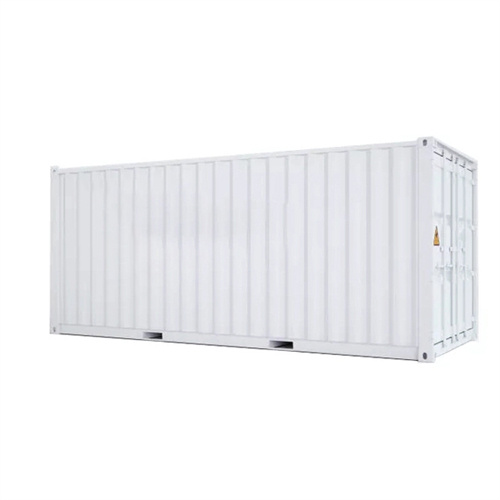Energy storage vehicle design
As the photovoltaic (PV) industry continues to evolve, advancements in Energy storage vehicle design have become critical to optimizing the utilization of renewable energy sources. From innovative battery technologies to intelligent energy management systems, these solutions are transforming the way we store and distribute solar-generated electricity.

